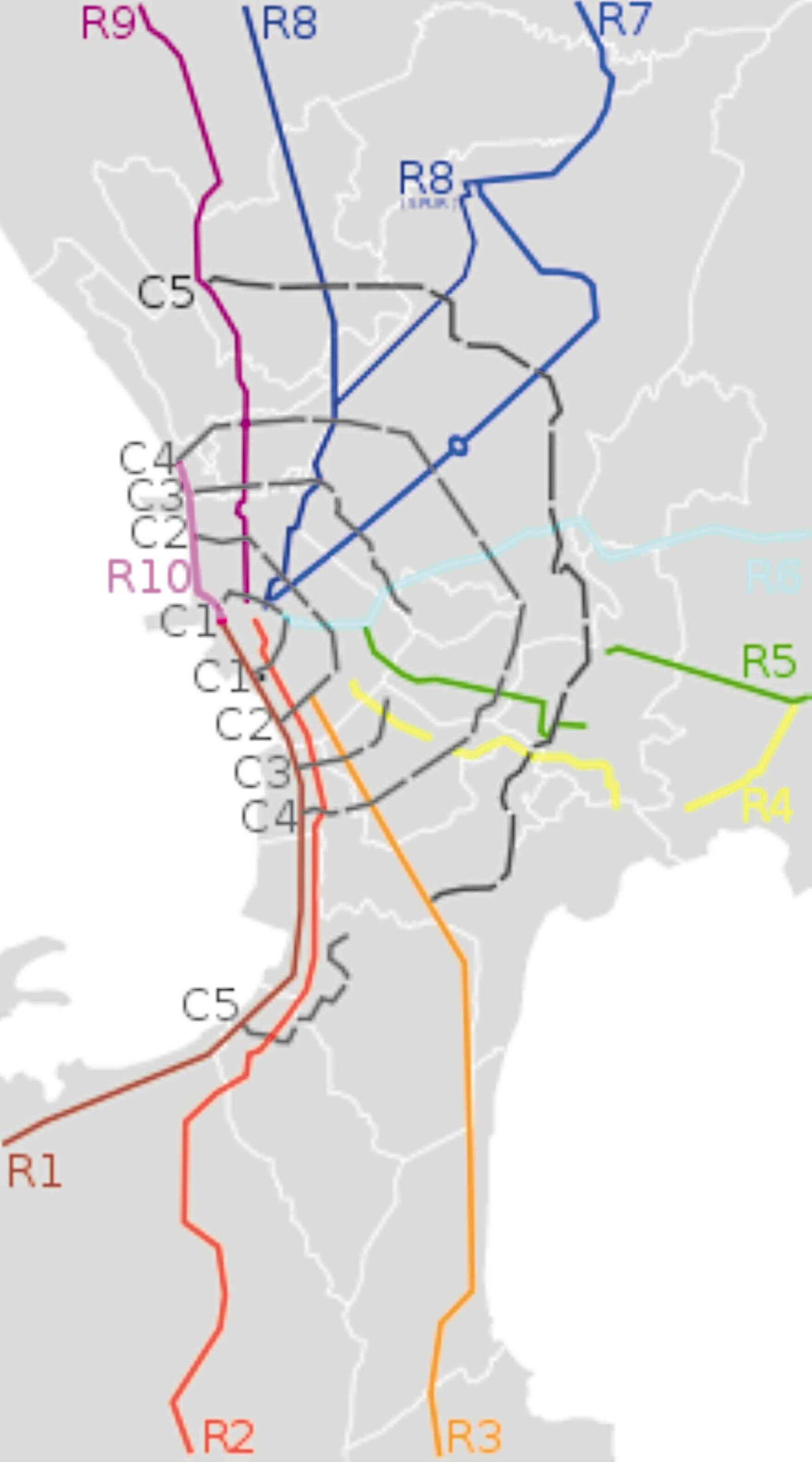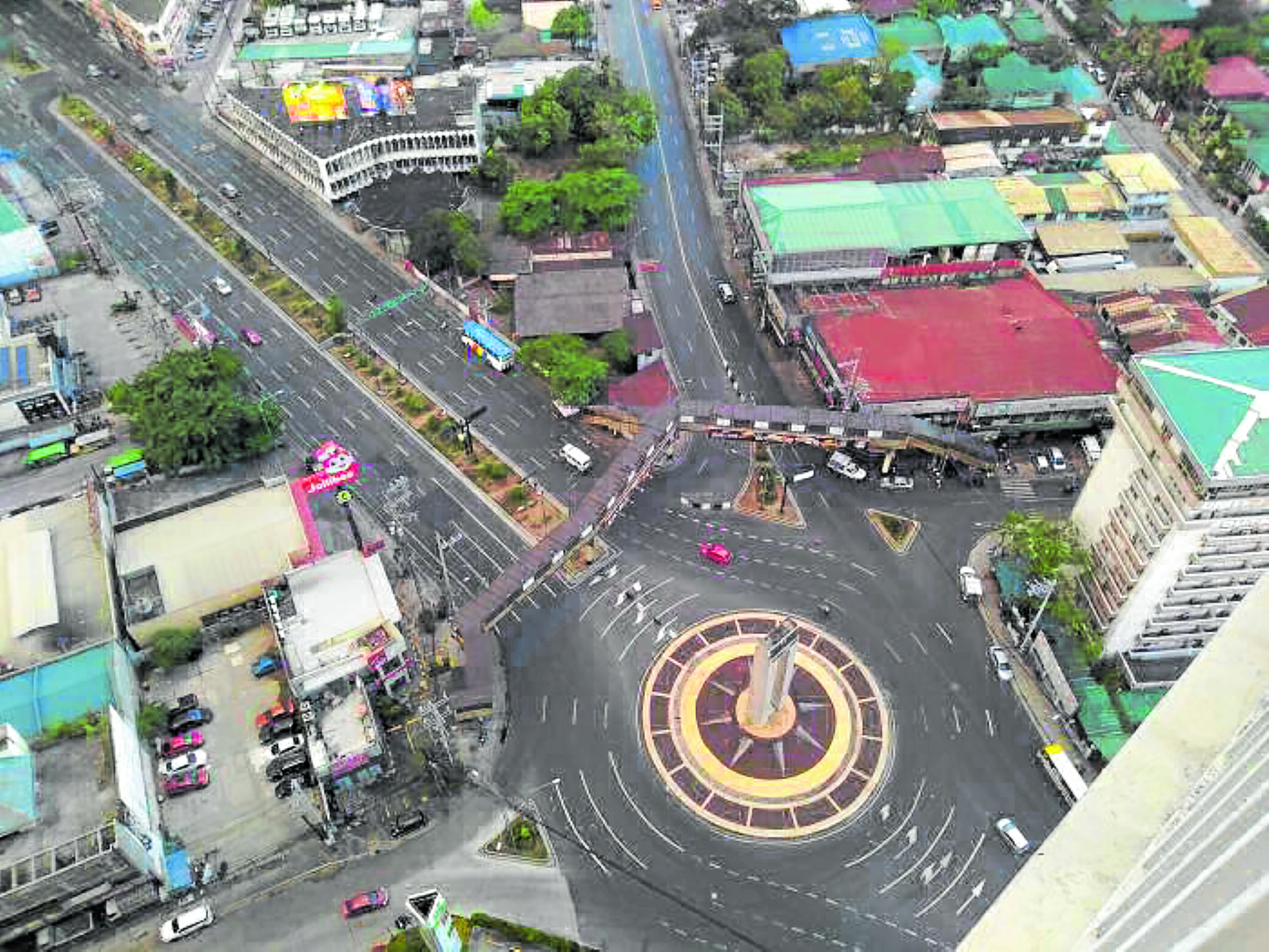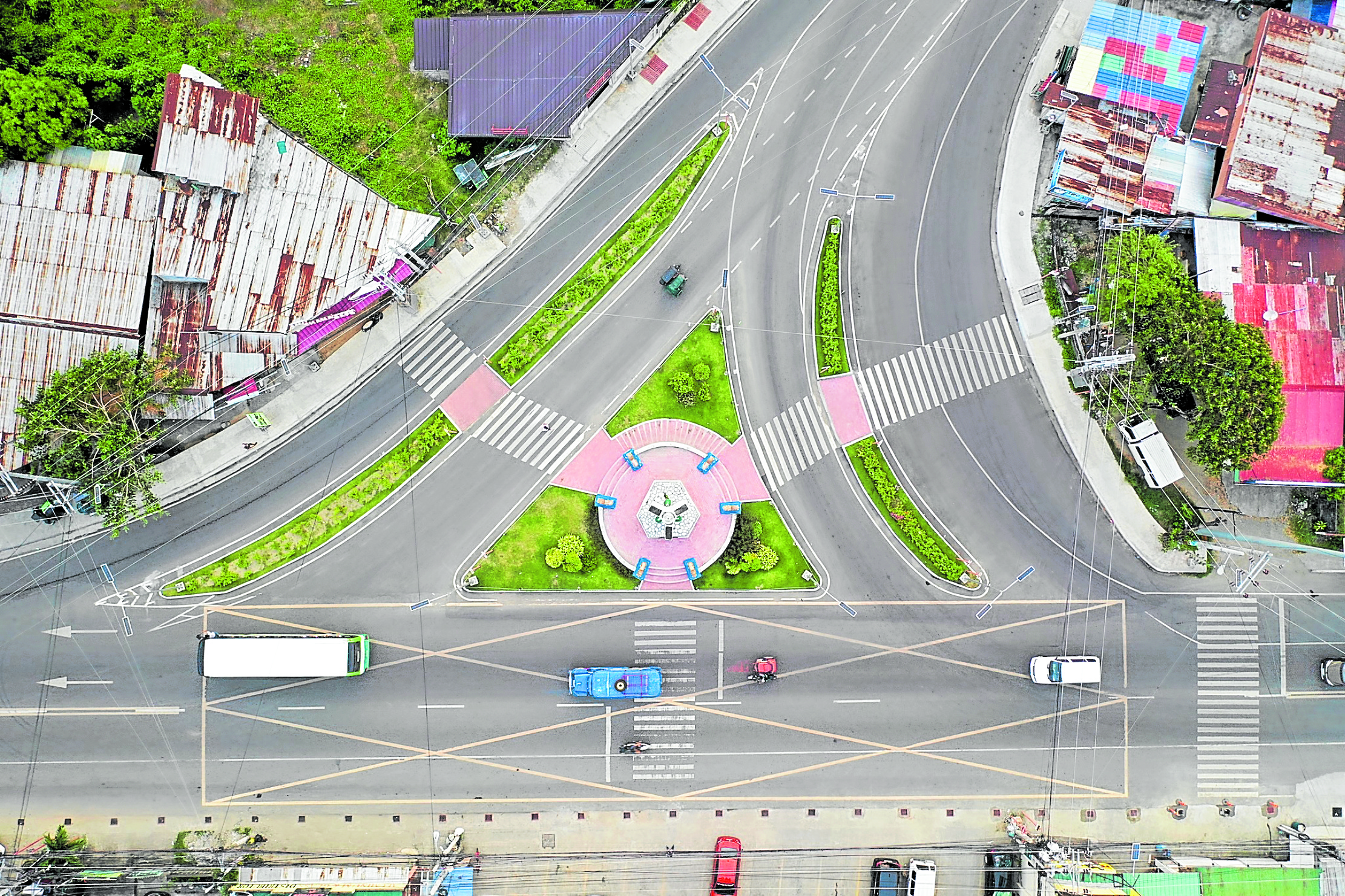All roads lead to… spaces of hegemony
Throughout history, city planners and architects have been fond of using radial configurations of roads as powerful symbolic and ceremonial axes leading to and emanating from places of what was considered important during that period. Capital and imperial cities use these axial streets to reinforce the power of the state or empire and to emphasize sovereignty. Eras of civic mindedness used radial roads to terminate at major open spaces and parks.
Contemporary regimes of consumption have used the same techniques of urban design to channel people to places of commerce through roads and infrastructure. Urban patterns reflect the hegemony of the period—they are established by those with the power to shape cities and are driven by the values and motivations embodied in shaping them.
When viewed in three dimensions and once the land uses have been superimposed on maps, cities spatially reflect the ideals of society during the period as manifested by the fabric of structures that flank these important radial routes and their symbolic and functional termini. Eras of authoritarianism, populist collectivism value uniformity in urban fabric while individualistic commercialism prioritizes buildings as objects in the landscape. These eras also determined places of inclusion and exclusion, whether by race (as during colonial periods) or by economic status (contemporary setting).
Discontinuous regimes result in discontinuous spatial patterns of urban development, with the newer spatial forms determined by current hegemonies supplanting the old.
In the case of Metro Manila, the center of the metropolis has shifted according to prevailing hegemonies—from colonial city centers and the underlying imperialist motivations of the Laws of the Indies followed by the City Beautiful influence by the American colonists, to the more populist capital city plans for Quezon City and the contemporary business districts formed by neoliberal commercial enterprise. It is common knowledge that urban forms and spatial patterns are shaped by the dictates of the prevailing paradigms of power.
At a micro scale this tendency prevails. Buildings, open spaces, public housing, highways and the priority over the use of common areas such as streets and waterways are the result of numerous individual decisions of the ruling class, governed by the paradigms that we accept as a society. All roads lead to whatever is deemed as symbolically or functionally important by those wielding the power to shape our urban spaces.
Humanity seems to be at a cusp of social and economic change driven by the imperative to address issues of climate change and inequality, but at the same time it is also restrained by the inertia of the status quo. The elite will always influence the direction society takes.
But are we at the threshold of seeing a new set of values by the elite driven by the need to set a different direction for society? Will outlier and emergent ideas for more humane spaces become mainstream? The way our built environment evolves will ultimately manifest this.
Form follows function but function depends on what society values. If we lament the lack of public parks, public housing, museums and civic spaces in our cities or if we worry about the loss of remaining public assets and the conversion of forests, farmlands and coastlines into speculative real estate, or if we long for re-natured urban areas, walkable cities, affordable housing and inclusive spaces, then we need to come to terms with the fact that these deficiencies in our cities are not necessarily due to a lack of imagination in planning.
They are due to a lack of will to change the paradigm by those who have the power to decide what needs to be built and for whom these should be built for.





